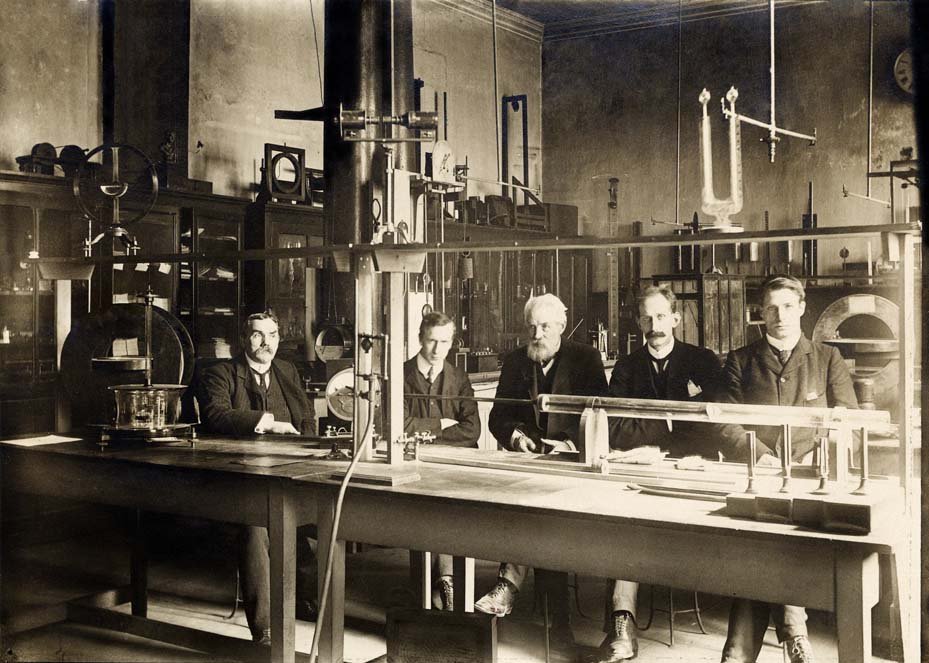Indian diagnostics stuck with traditional testing methods
July 21, 2015 | Tuesday | Features | By BioSpectrum Bureau
Indian diagnostics stuck with traditional testing methods
Way too old school? (Photo Courtesy: www.accelrys.com)
A great need exists for better molecular characterization of tumor tissues in aiding oncology decision-making process, facilitating treatment selection, and improving outcomes.
According to GLOBOCAN 's 2012 statistics, breast cancer is a major public health issue and is the leading cause of cancer mortality among women.
Globally, it is estimated that over 522,000 women died due to breast cancer in 2012, of which more than 70,000 were from India alone.
Breast cancer constitutes 22 percent of female cancer deaths in India.
The pattern of breast cancer in India is quite disturbing, and the higher mortality is attributed to the non-availability of screening program.
As a result, more than 45 percent of the breast cancer cases are detected at an advanced stage.
India-based iLife Discoveries, a genetics and molecular diagnostics company, has introduced MammaPrint, which it claims to be unlike previous generation genomic tests, which evaluates all critical molecular pathways involved in the breast cancer metastatic cascade.
"Early screening is the key to decrease the mortality in breast cancer patients because all the patients can have a substantially improved disease-free and overall survival," revealed Dr Shweta Anand, VP, iLife Discoveries.
BluePrint, which is a companion test to MammaPrint, helps in re-categorizing up to 25 percent of patients leading to appropriate treatment.
The MammaPrint and BluePrint tests are for prognosis and prediction of appropriate treatment.
The former is used for patients who have already been diagnosed with breast cancer, helping in predicting the chances of recurrence of cancer, and based on the outcome, the patient can undergo chemotherapy.
MammaPrint is an FDA-approved, 70-gene assay, intended as a prognostic test for women of all ages.
Through the gene test, patients are stratified into two distinct groups - low-risk (good prognosis) or high risk (poor prognosis) of distant recurrence.
Unlike other tests, the patient is given definitive low-risk and high-risk results, eliminating the uncertainty of an intermediate risk score.
Oncologists across world today are increasingly relying on genomic tests to tailor treatments for different patients by studying the tumor's biology.
Similar tests
According to Mr Anand Gupta, CMD, iLife Discoveries, there are similar tests available in the Indian market. The existing tests normally help in the diagnosis of the disease.
"...But all of them cater to smaller subgroups of patients. One of the tests provides information, only in patients whose tumors are positive for estrogen receptors, and the test just provides information in post-menopausal breast cancer patients. Moreover these tests give an intermediate result in up to 40% of tested patients, where the doctor as well as patient cannot take an informed decision," he said.
MammaPrint is for all the stage I and II breast cancer patients irrespective of estrogen-receptor (ER) or progesterone-receptor (PR), and HER2 status, and provides clear results, either high-risk or low-risk.
Chemotherapy no more?
Patients under the low-risk category can safely avoid chemotherapy without risking their chances of disease-free survival.
However, in the high-risk category, patients have a high-risk of distant metastasis, and there is a statistical significance of treatment with chemotherapy.
The test is currently available globally in about 80 counties and iLife has acquired the technology-transfer only for India.
The company has entered into various technological tie-ups with leading molecular diagnostic certified labs in USA and Europe to introduce new tests mainly in cardiology, neuropsychiatry and oncology segments.
Lack of awareness
Every new technology takes its time to be well accepted by the healthcare community, especially the patients. "Lack of awareness about such tests and technology has been a challenge for us," Mr Anand added.
Genome testing and personalized genome-based tests have been the cutting edge science in routine healthcare practices for clinicians in most developed countries around the world.
"India is still lagging in incorporating such development in their clinical practice. The current diagnostics and treatment model in India largely rely on traditional testing methods. There is a big unmet need of introduction of technological advancements in diagnosis or prognosis in the invitro diagnostic segment, to make an informed treatment decision based on the genetic makeup of an individual," Mr Anand explained.









